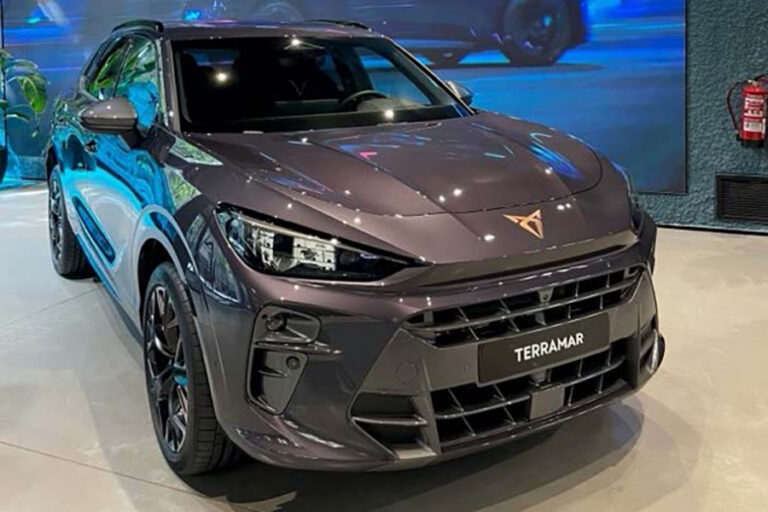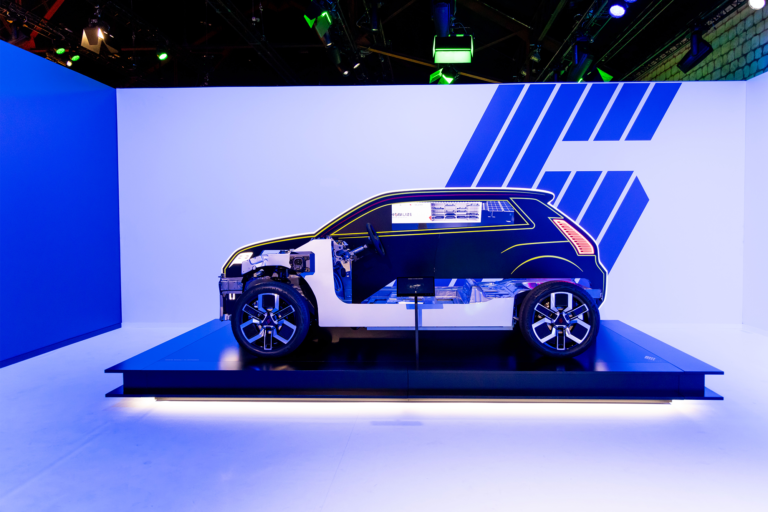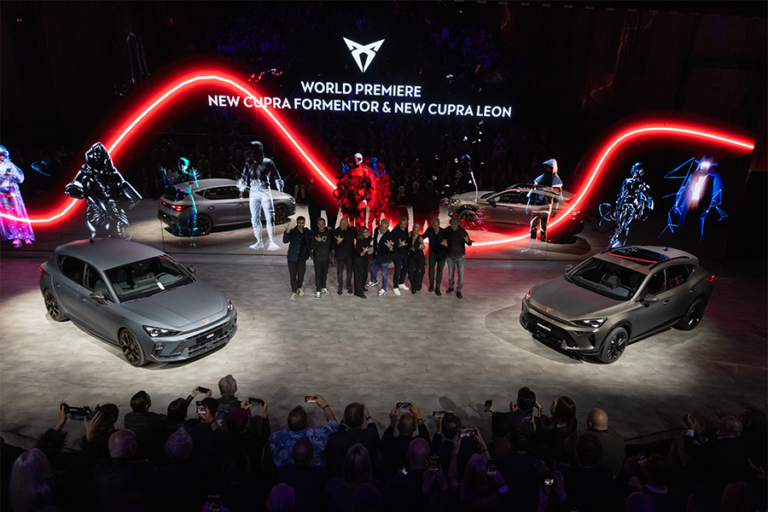
Electric cars are the main protagonists at this year’s auto show in Paris and will also be on the agenda at IESE Business School’s Automotive Industry Conference in November.
Volkswagen, Mercedes, Renault, PSA, Opel and Porche are all showing new concepts, production cars or both and all appear to be pursuing electric vehicles. There was a similar electric theme at the Beijing Auto show in April and it appears that the tide is starting turning or as Dr. Dieter Zetsche, CEO of Daimler AG and Head of Mercedes‑Benz Cars’ said his company is “flipping a switch” and it looks like much of the industry is doing the same thing.

In some ways, the current push for electric cars in Paris seems surprising as the price of oil and gasoline is still historically low and concern about climate change has not yet translated into action on the part of consumers in most product categories.
Eight reasons for electric cars
In my view there are eight different reasons why this might be the time when electric vehicles can finally turn the tables on the internal combustion engine which displaced them as the dominant design for personal transportation in the early part of the last century
1.Tesla’s Model 3 – The new car from Tesla is what Elon Musk calls step 3 of the “secret Master Plan” and is scheduled to go into production in 2017. The car will be affordable and a range of 215 miles or 350 KM. To date, Tesla has received on the order of 400,000 reservations for the new vehicle.
2. Battery technology – The price point for Lithium-Ion batteries is finally starting to come down Tand an affordable battery set can now give electric cars a sufficient range to overcome the concerns of many motorists who have been afraid of getting stranded.
3. Volkswagen I.D.
Volkswagen’s diesel scandal – VW has chosen to go full electric as the best way forward after its humiliating diesel engine fiasco. The new I.D. car will reportedly be the first of 30 electric vehicles the company will launch in the next few years.
4. Keeping up with the others – VW’s announcement and the early move by Nissan and Renault have created enough momentum for other carmakers to fear being left behind. The world might not go electric but just in case it appears most will have at least a few serious cars on the market.
5. Air Pollution is getting worse – While people may not be willing to change their life style due to concerns about climate change, they are worried about air pollution and many cities in the world are looking at banning or restricted internal combustion engines within the city limits. If this were to happen, demand for electric cars by commuters will skyrocket.
6. Apple & Google – If Tesla was not bad enough, it appears that both Apple and Google are seriously studying the automotive market and if they do launch vehicles of their own, they are likely to be largely self driving and electric.
7. Mobility may be the answer – The idea bouncing around the car business is that the companies need to offer mobility solutions rather than vehicles. If that were to happen, then it no longer becomes necessary that every car can do everything a family needs. This could potentially create the space for people to use one type of vehicle to drive to work and something else for longer trips with more flexible ideas about vehicle ownership and use.
8. Charging is possible – Tesla has demonstrated that fast charging networks can be built and that people will charge their cars at home and in the office if the infrastructure is available.
Plenty of questions
There are of course plenty of technological, regulatory, and issues connected to consumer behavior and preference that need to be sorted out before we see electric vehicles break into the mainstream.
There are issues associated with the source of electricity, transmission losses, battery recycling, crash worthiness, and sourcing of key raw materials such as rare earth magnets and lithium all of which will need to be ironed out as the technology emerges from its embryonic phase to growth.
The good news, at least in my view, is that electric vehicles do appear to be on their way and you may want to look at them for your next vehicle![]()
Mike Rosenberg is Associate Professor of strategic management at IESE Business School where he teaches in the MBA and executive education programs on strategy, sustainability, globalization, and geo-politics.









